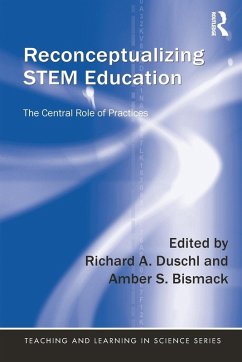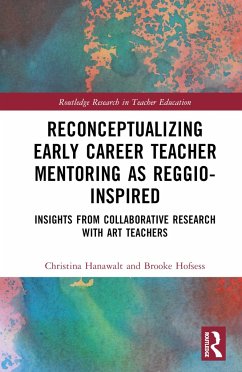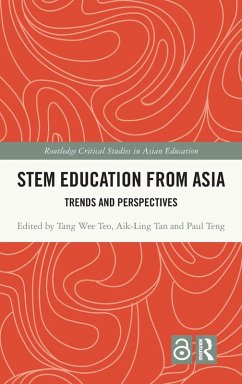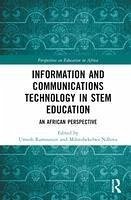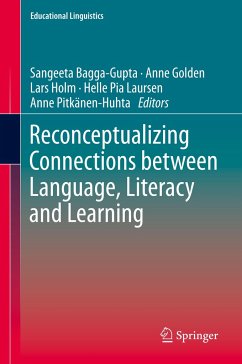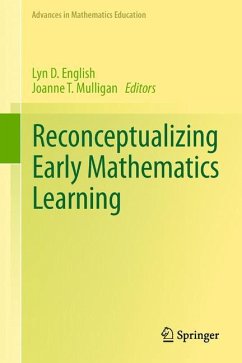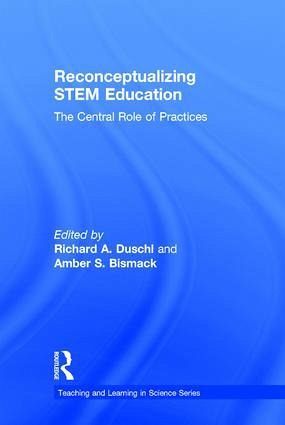
Reconceptualizing STEM Education
The Central Role of Practices
Herausgeber: Duschl, Richard A.; Bismack, Amber S.
Versandkostenfrei!
Versandfertig in 1-2 Wochen
118,99 €
inkl. MwSt.
Weitere Ausgaben:

PAYBACK Punkte
59 °P sammeln!
In this volume, STEM Education experts explore and map out research and development ideas and issues around five themes-Systems Thinking, Model-Based Reasoning, Quantitative Reasoning, Equity, Epistemic, and Ethical Outcomes, and STEM Communication and Outreach-aligned with the agenda set out by the Next Generation Science Standards and the National Research Council's "A Framework for K-12 Science Education."




